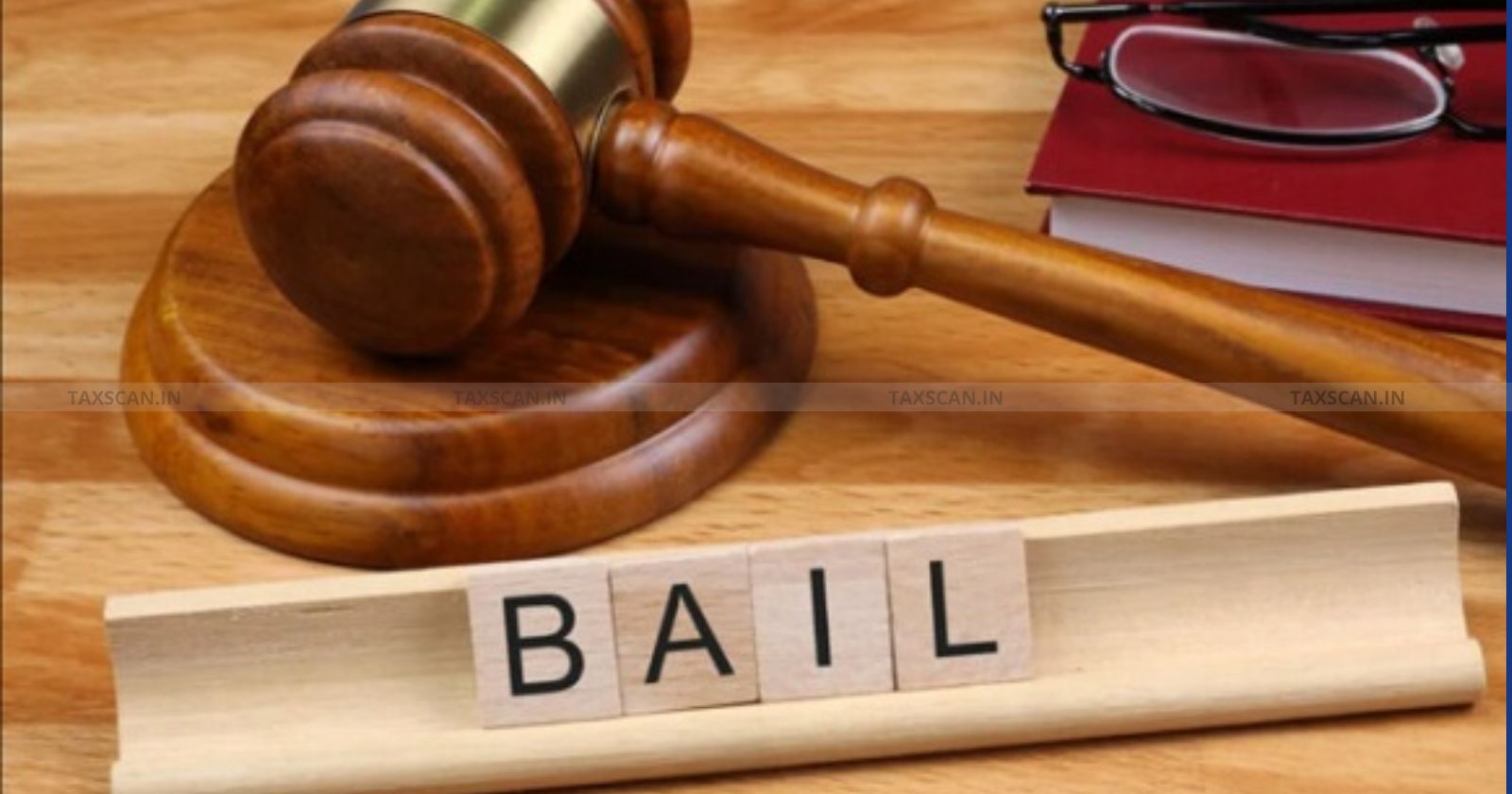HP HC Upholds Acquittal in Cheque Bounce Case, noting Complainant’s Lack of Financial Capacity and Non-Impleadment of Society [Read Order]
HC held that the prosecution of the society is necessary before the accused can be held vicariously liable.
![HP HC Upholds Acquittal in Cheque Bounce Case, noting Complainant’s Lack of Financial Capacity and Non-Impleadment of Society [Read Order] HP HC Upholds Acquittal in Cheque Bounce Case, noting Complainant’s Lack of Financial Capacity and Non-Impleadment of Society [Read Order]](https://images.taxscan.in/h-upload/2025/06/29/2056187-hp-hc-cheque-bounce-case-financial-capacity-non-impleadment-of-society-taxscan.webp)
The Himachal Pradesh High Court upheld the acquittal in a cheque bounce case under the Negotiable Instruments Act, noting that the complainant failed to prove his financial capacity and had not impleaded the society on whose account the cheque was drawn.
In this case, the applicant had appealed against the order passed by the Additional Chief Judicial Magistrate-II, Nurpur.
Coming to the facts of the case, the complainant filed a case under Section 138 of the Negotiable Instruments Act, 1908, alleging that the accused borrowed Rs 6 lakhs and issued a cheque in repayment, which was dishonoured twice due to insufficient funds. Even after receiving a legal notice, the accused failed to repay the amount, leading to the filing of the complaint.
The trial court held that the accused disputed the financial capacity of the complainant. The trial court noted that the complainant failed to prove his financial capacity.
The complaint was dismissed by the trial court, noting that the income tax returns submitted by him showed that he never had the financial capacity to lend Rs. 6.00 lacs. The cheque was issued in the account of a society, and the society was not made a party.
 Also Read:Delhi HC Grants Bail in NDPS Case, Holds Customs’ Detention Without Magistrate’s Approval as Illegal Custody [Read Order]
Also Read:Delhi HC Grants Bail in NDPS Case, Holds Customs’ Detention Without Magistrate’s Approval as Illegal Custody [Read Order]
The HC noted that the cheque was issued from the account of A-One College of Education, a registered society, not the accused’s personal account, and that the trial court rightly held that the complaint wasn’t valid without making the society a party. The society is a juristic person under the H.P. Co-operative Societies Act.
The bench relied on the case of Himanshu v. B. Shivamurthy, (2019) 3 SCC 797: 2019 SCC OnLine SC 83, in which the apex court held that “In the absence of the company being arraigned as an accused, a complaint against the appellant was therefore not maintainable. The appellant had signed the cheque as a Director of the company and for and on its behalf. Moreover, in the absence of a notice of demand being served on the company and without compliance with the proviso to Section 138, the High Court was in error in holding that the company could now be arraigned as an accused.”
The bench comprising Justice Rajesg Kainthala upheld the findings of the trial court and held that the prosecution of the society is necessary before the accused can be held vicariously liable, and as the society has not been arrayed as the accused, therefore, the accused cannot be held vicariously liable.
Support our journalism by subscribing to Taxscan premium. Follow us on Telegram for quick updates


